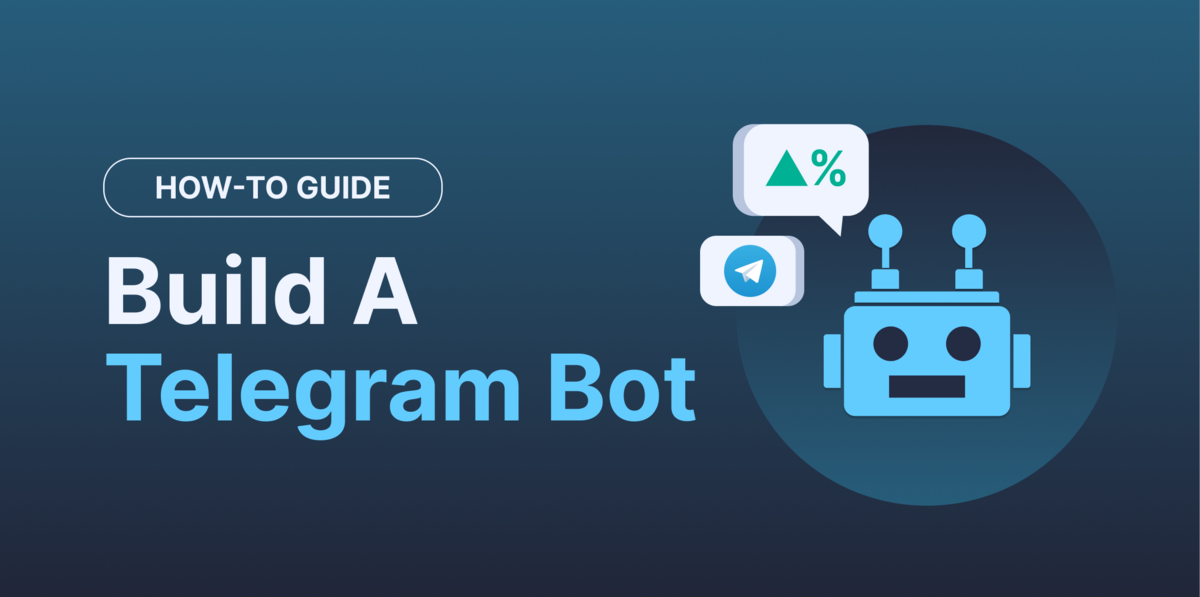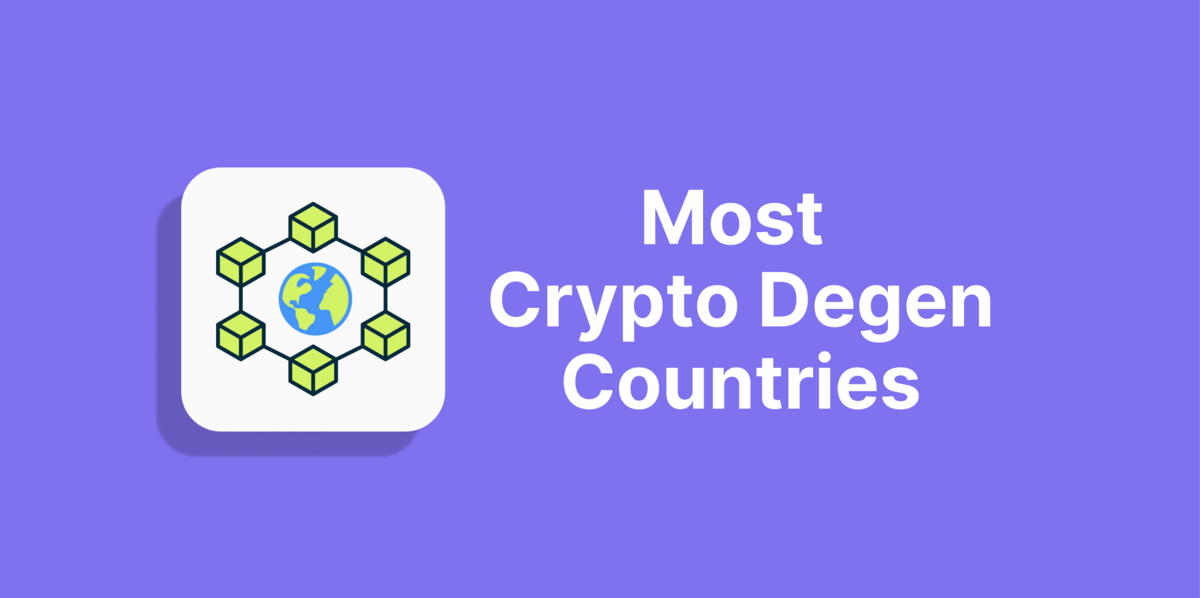
Non-Fungible Tokens (NFTs) adoption accelerated during the crypto bull market in 2021, alongside criticism from skeptics who dismiss NFTs as simply being expensive and overpriced pictures.
Nevertheless, NFTs are increasingly being accepted as an inevitable development in the digital world. Not only are NFTs popular among crypto holders, with over 75% owning at least one NFT, traditional industries’ brands also have NFT collections.
Today, people buy NFTs for a range of reasons: Out of 11 key factors for consideration, NFT utility is the most important reason for motivating people to buy, while disrupting the status quo is the least important reason, according to a recent study.
Overall, NFT holders appear to consider multiple factors when they make buying decisions, given that all 11 reasons were rated as being important rather than not.
Ranking 11 Reasons for Buying NFTs
|
Rank |
Reason for Buying NFTs |
Rate of Importance |
|
1 |
Using NFTs for their intended function |
77.6% |
|
2 |
Profit in the long term |
76.1% |
|
3 |
Gain a stake in the venture or DAO |
72.9% |
|
4 |
Enthusiasm for the technology of the NFT collection |
71.1% |
|
5 |
Becoming part of the community |
68.8% |
|
6 |
Enthusiasm for the business model or idea of the NFT collection |
67.9% |
|
7 |
Enthusiasm for the artwork of the NFT collection |
67.9% |
|
8 |
Profit in the short term |
66.8% |
|
9 |
Savings |
63.0% |
|
10 |
Social good |
60.6% |
|
11 |
Disrupting established structures or industries |
59.5% |
#1 Using NFTs for Intended Functions
NFT utility emerged as the top reason that people buy an NFT for. At least 3 out of every 4 NFT holders consider how much utility a collection offers or what benefits they can get from holding it, before buying.
People now want NFTs to have more use cases than just being quirky digital collectibles, which aligns well with its fundamentally broad-based nature. Although NFTs started out with limited utility, primarily functioning as blockchain game items (e.g. CryptoKitties and Axie Infinity) and profile pictures (e.g. CryptoPunks and BAYC), there are increasingly more types of NFTs as projects address new use cases.
Even so, 15.7% of NFT holders indicated that they are neutral about utility and 6.7% felt that it is not important at all. Such NFT holders are perhaps less active and rarely try to use NFTs for their intended functions, or prefer to treat NFTs primarily as a collectible.
#2 Profit in the Long Term
Long-term profits ranked as the second most important reason for buying NFTs, with 3 in 4 NFT holders also intending to sell their NFTs at a higher price later on.
In addition to having specific use cases, NFTs are often seen as a form of art and therefore an alternative asset for long-term investment, especially after some collections rose to prominence as blue chip NFT projects. Even for NFT collections that do not have artistic elements, NFTs are commonly sold to raise seed funding, and holders expect that the project team will create more value in the future.
Another 17.2% of NFT holders indicated that they are neutral about profiting from NFTs, and a 6.7% minority felt that it is not important to earn profits from buying NFTs.
#3 Gain Stake in the Venture or DAO
The third most important reason that people buy NFTs is to participate in the collection as a stakeholder. At least 7 out of every 10 NFT holders are motivated by the opportunity to gain a stake in the venture or decentralized autonomous organization (DAO).
This might be related to the other reasons, whereby people want to be more involved with NFT projects because they enjoy the community or are enthusiastic about certain aspects of it.
Meanwhile, 19.0% of NFT holders are neutral towards active participation and 8.2% find it unimportant.
#4 Enthusiasm for the NFT Collection’s Technology
Personal enthusiasm for the technology of the NFT collection was the fourth most important reason. 7 in 10 NFT holders look out for the NFT’s underlying technology when deciding whether or not to buy in.
As such, NFT collections that are able to introduce technological improvements will stand out. For example, the Azuki team created ERC721A, the gas efficient smart contract that outperformed the ERC721 standard in terms of minting, and contributed to the success of the anime NFT collection.
Another 19.9% are neutral and 9.0% find it unimportant, likely representing those who are less technologically literate.
#5 Becoming Part of the Community
68.8% of NFT holders buy in because they want to join the community of fellow owners and the project team. For blue chip or up-and-coming projects, this could mean becoming part of a prestigious network that can raise holders’ social status or grant access to exclusive resources. Besides these, people might be attracted to NFT communities that have similar interests or values, or where they happen to find new friends.
While community might not be every holder’s reason for buying the NFT, it remains a key factor in the success of NFT collections, such that teams tend to invest heavily in building and maintaining strong communities.
This might explain why it has the second-lowest ‘Not Important’ rating of 7.9%, with NFT holders preferring to take a neutral stance (23.3%) instead of dismissing the value of community altogether.
#6 & #7 Enthusiasm for the NFT Collection’s Business or Artwork
Personal enthusiasm for the business model or idea, and personal enthusiasm for the artwork of an NFT collection ranked as equally important reasons to buy in (67.9%). Similar to the technology reason, people might be attracted to buy NFTs that have novel business proposals that they want to support, or artwork designs that catch their eye.
The business and artistic aspects of a collection are unsurprisingly ranked less important than the technology, given that not every NFT collection is trying to create a business or artwork. Plenty of NFT collections are created as memes or jokes, like mfers, or for other purposes.
#8 Profit in the Short Term
Short-term profits came in at the 8th position, with 66.8% of NFT holders buying because of the potential to sell at a higher price, shortly after the purchase. The speculative trading tactic is also known as ‘flipping’ and was more common during the NFT bull run, when there was high liquidity and rising floor prices.
That said, flipping NFTs requires holders to actively monitor and time the market, which might explain why it is a less popular reason than investing in NFTs for the longer term. Short-term profits are rated to be 9.3 percentage points less important than long-term profits, in influencing NFT buying decisions.
2 in 10 NFT holders are neutral towards NFT flipping, while 1 in 10 do not consider the short-term gains when buying NFTs.
#9 Savings
63.0% of holders buy NFTs as a form of savings, ranking it in 9th place and likely representing those who also buy NFTs to profit in the short or long term. However, NFTs are currently less suitable than fiat currency for savings in the traditional sense, given the price volatility and higher risk profile of the asset.
This explains why 23.0% are neutral on savings as a reason for buying NFTs, and 14.0% dismiss it as unimportant.
#10 Social Good
Having a positive social impact was the second least important reason for buying NFTs. Around 6 in 10 NFT holders consider sustainability, philanthropy and similar benefits to society when evaluating a project.
However, this reason is particularly at risk of social desirability bias, and might not reflect how many people will actually buy NFTs for social good.
Most tellingly, a higher proportion of NFT holders were lukewarm about social good, with 17.8% rating it as just ‘Slightly Important’. Social good also had by far the lowest rate of being considered ‘Very Important’ (16.3%), and the highest rate of being outright considered unimportant (14.9%). The remaining 24.5% indicated that they are neutral.
This suggests that NFTs are currently not the best vehicle for altruism.
#11 Disrupting Established Structures or Industries
The least important reason for buying NFTs was to disrupt the establishment. Even so, almost 6 in 10 NFT holders consider disruption important. Like crypto in general, NFTs have brought about innovations in the areas of digital ownership, content creation, identity and more, changing and improving upon past ways of doing things.
On the other hand, 3 in 10 are neutral on disruption and 1 in 10 find it unimportant, possibly representing those with a more conservative view.
Methodology
The study examined 343 responses from the NFT and Crypto Users Survey, jointly conducted by CoinGecko and Blockchain Research Lab from December 2022 to January 2023.
If you use these insights, we would appreciate a link credit to this article on CoinGecko. A link credit allows us to keep supplying you with future data-led content that you may find useful.
Curious to find out more about our previous research studies? Check out this one we did about people’s opinions on the risks and regulation of NFTs.

Yuqian is a crypto research analyst at CoinGecko, covering a range of topics from NFTs to ETFs, crypto adoption and interest, and beyond. She's especially fascinated by the philosophical and socioeconomic aspects of crypto. She holds a Bachelor of Social Sciences with Honors from the National University of Singapore. Follow the author on Twitter @solosbrqt





 Or check it out in the app stores
Or check it out in the app stores
